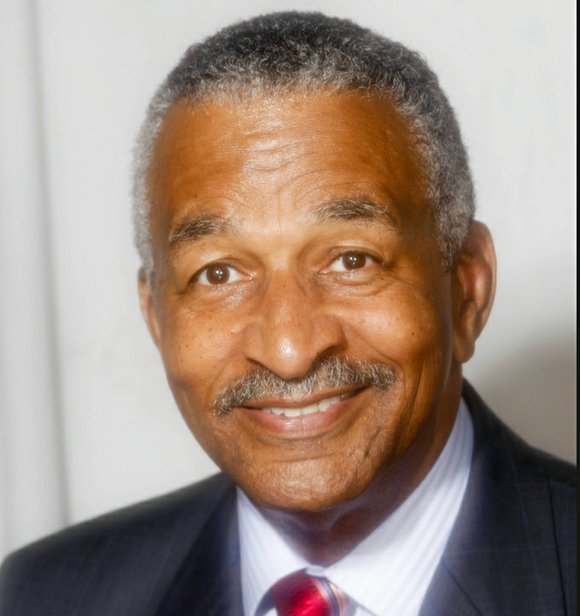A piece of Cuba
3/31/2016, 8:02 p.m.
James Clingman
I remember a line from Gil Scott-Heron in “The Bicentennial Blues,” where he was discussing the Nixon administration and this nation’s penchant for getting in on the economic action of other nations. He called Henry Kissinger the “International Godfather of Peace, a ‘piece’ of Viet Nam, a ‘piece’ of Laos, a ‘piece’ of Angola, a ‘piece’ of Cuba.” That line is fitting 40 years later as President Obama returns from Cuba accompanied by a dozen business executives.
I certainly support entrepreneurship and business development, especially for black people. And the opportunities for such abound in Cuba if the militaristic government allows it to flourish unfettered. After all, the monthly income for Cubans is around $20, so they could use the sales and marketing opportunities that surely will come with increased tourism and business.
Additionally, forward-thinking entrepreneurs from the United States can take advantage of these opportunities as well. I trust that many black businesspersons will act accordingly. The protracted embargo against Cuba can now be reversed to such a degree that all sides can win. But there are caveats.
An article in International Business Times by Elizabeth Whitman, stated, “Some American businesses are positively salivating at the prospect of finally tapping into Cuban markets, and now, U.S. President Barack Obama’s three-day trip to the island nation is offering a tantalizing taste of the possibilities — particularly for the select crew of business leaders who are tagging along.”
That statement conjures up visions of lions going to visit a few sheep to show them how to take better care of themselves. Black Cubans have suffered discrimination and mistreatment for decades. They are at the bottom level of the Cuban economic strata. If our revised friendship fails to bring positive economic change to black Cubans, baseball, boxing and entertainment notwithstanding, then once again, as we saw in South Africa, black folks will be relegated to a narrow and crowded path to Cuba’s new prosperity.
Haiti and the Dominican Republic are examples of what happens to black people when it comes to economic discrimination, preference and skin tone. The island, historically called Hispaniola, is now divided into two countries, separated by a mountain range and skin tone — those who are lighter complexioned and those who use bleaching cream to get that way versus darker people. The Dominican Republic has flourishing tourism and accommodating infrastructure, far from what we see across the border in Haiti.
Cuba and black Cubans, especially, should be wary of what is being proposed as help for their island and be prepared to take advantage of the opportunities when they appear. So also should black owners of small businesses in this country.
Congressman Charles Rangel said, “As soon as our multinational corporations start receiving the benefits of the profits that will be made with trade, I think in the next election we will move any impediments to bring peace, tranquility and trade to our brothers and sisters in Cuba.” Really?
An article by Julia Cooke of Aljazeera America observed, “When Soviet subsidies ended ... racial inequality became more pronounced ... [Employees] in the country’s lucrative tourism industry were also white.”
The article continued, “Blacks spearheaded more black-market activities; jails held 85 percent darker-skinned Cubans. In Cuba’s particular version of stop-and-frisk, blacks were stopped on streets at far higher rates than whites.”
Cuban expert James Early offers an outstanding perspective on the opportunities that exist in Cuba for black entrepreneurs: “Despite much racial progress since 1959, the period ... has revealed the yet unbridged fissures around racial identity and racism in today’s Cuba.”
The lions are at the sheep gate. Be prepared to get your “piece” of the action.
The writer is founder of the Greater Cincinnati African-American Chamber of Commerce.
George Curry Media







